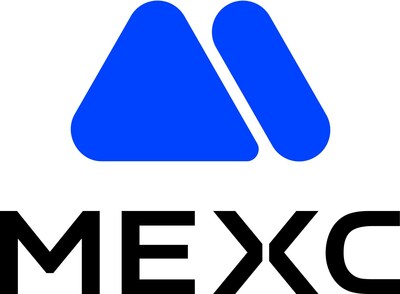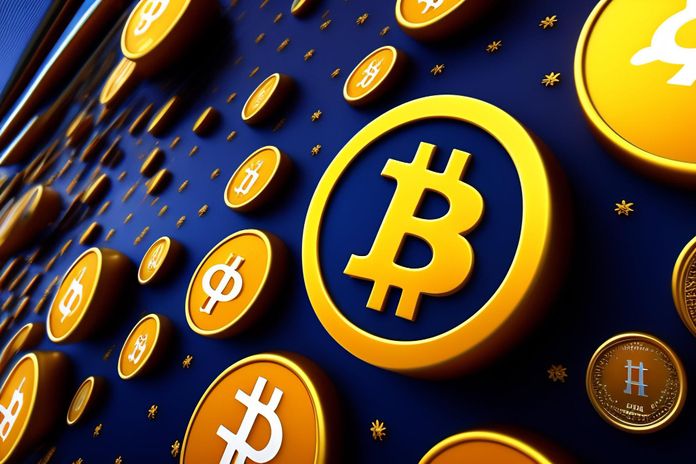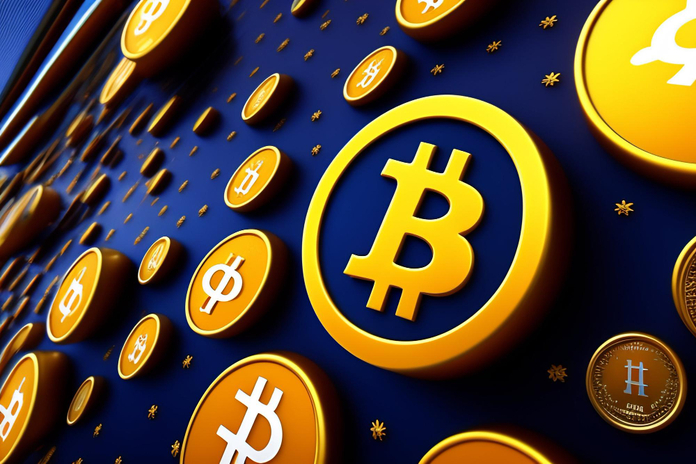How a US-China Trade Freeze Could Impact Crypto

As geopolitical tensions escalate, a US-China trade freeze—once unthinkable—is now within the realm of possibility. For investors, such a seismic economic shift could upend global markets and trigger ripple effects across every asset class, including cryptocurrency. While the Federal Reserve recently assured Congress it will not follow China’s path of banning crypto, digital assets could still face unprecedented tests under a full-scale freeze in US-China trade.
Bitcoin Could Emerge as a Modern Safe Haven
In periods of economic stress, investors traditionally flock to safe havens like gold. However, over the past decade, Bitcoin (CRYPTO:BTC) has increasingly served as “digital gold.” If a US-China trade freeze were to occur, faith in traditional financial institutions and fiat currencies could erode. This crisis of confidence might push both institutional and retail investors toward decentralized alternatives.
As a result, Bitcoin could experience significant demand growth—not just for speculative gains, but as a store of value detached from national borders and government policy.
US Dollar Pressure Could Boost Crypto Appeal
The US dollar currently functions as the world’s dominant reserve currency, supported by America’s trade leadership. But if trade with China collapsed, countries dependent on both economies might begin seeking alternatives to the greenback. That’s where digital currencies could shine.
Cryptocurrencies like Bitcoin, Ethereum (CRYPTO:ETH), and XRP (CRYPTO:XRP) offer borderless, decentralized means of exchange. XRP, in particular, is designed for fast, low-cost cross-border transactions and could gain favor among emerging-market nations looking for dollar alternatives.
In this context, a US-China trade freeze might accelerate the mainstream use of cryptocurrencies for international commerce and payments.
Emerging Markets May Embrace Crypto Faster
A breakdown in US-China relations would likely lead to global supply chain disruption, rising inflation, and economic instability—especially in developing countries. In these regions, where local currencies and banking systems are already fragile, crypto could become a lifeline.
Stablecoins such as USDC (CRYPTO:USDC) and USDT (CRYPTO:USDT) may see a surge in adoption as people seek to preserve value. Meanwhile, decentralized finance (DeFi) platforms could offer alternatives to traditional banking services, from loans to savings, in places where financial infrastructure is weak or inaccessible.
Governments May Tighten Crypto Regulations
Despite its advantages during economic turbulence, cryptocurrency is not immune to regulatory risk. A US-China trade freeze could trigger governments to act defensively, imposing strict controls to limit capital flight and ensure economic sovereignty.
Both the US and China have previously cracked down on crypto when it challenged monetary control. In a prolonged trade standoff, more aggressive regulations could emerge, targeting crypto transactions, exchanges, and private wallets. This would particularly affect coins used for anonymous or untraceable transfers, which could be viewed as potential threats to national security or tools for sanctions evasion.
Expect High Volatility in Crypto Markets
Although crypto could ultimately benefit from a US-China trade freeze, the short-term market response would likely be chaotic. Global financial markets tend to react to uncertainty with sharp sell-offs—and crypto is no exception. As liquidity dries up, even popular tokens like Bitcoin and Ethereum could see sudden price drops.
However, crypto markets have a history of rebounding from fear-driven downturns. Once the initial panic subsides, speculative investors might return with renewed interest, betting on digital assets playing a pivotal role in the post-trade-freeze financial order.
Final Thoughts: A Geopolitical Stress Test for Crypto
A US-China trade freeze would act as a stress test for global financial systems—including digital assets. While the initial impact on crypto could be turbulent, long-term outcomes may favor increased adoption and decentralization. From digital gold to stablecoins and DeFi, crypto’s utility during times of uncertainty may solidify its role in the next era of global finance.
For forward-thinking investors, monitoring geopolitical shifts like the potential US-China trade freeze is essential to understanding crypto’s evolving place in the world economy.
Featured Image: Freepik











